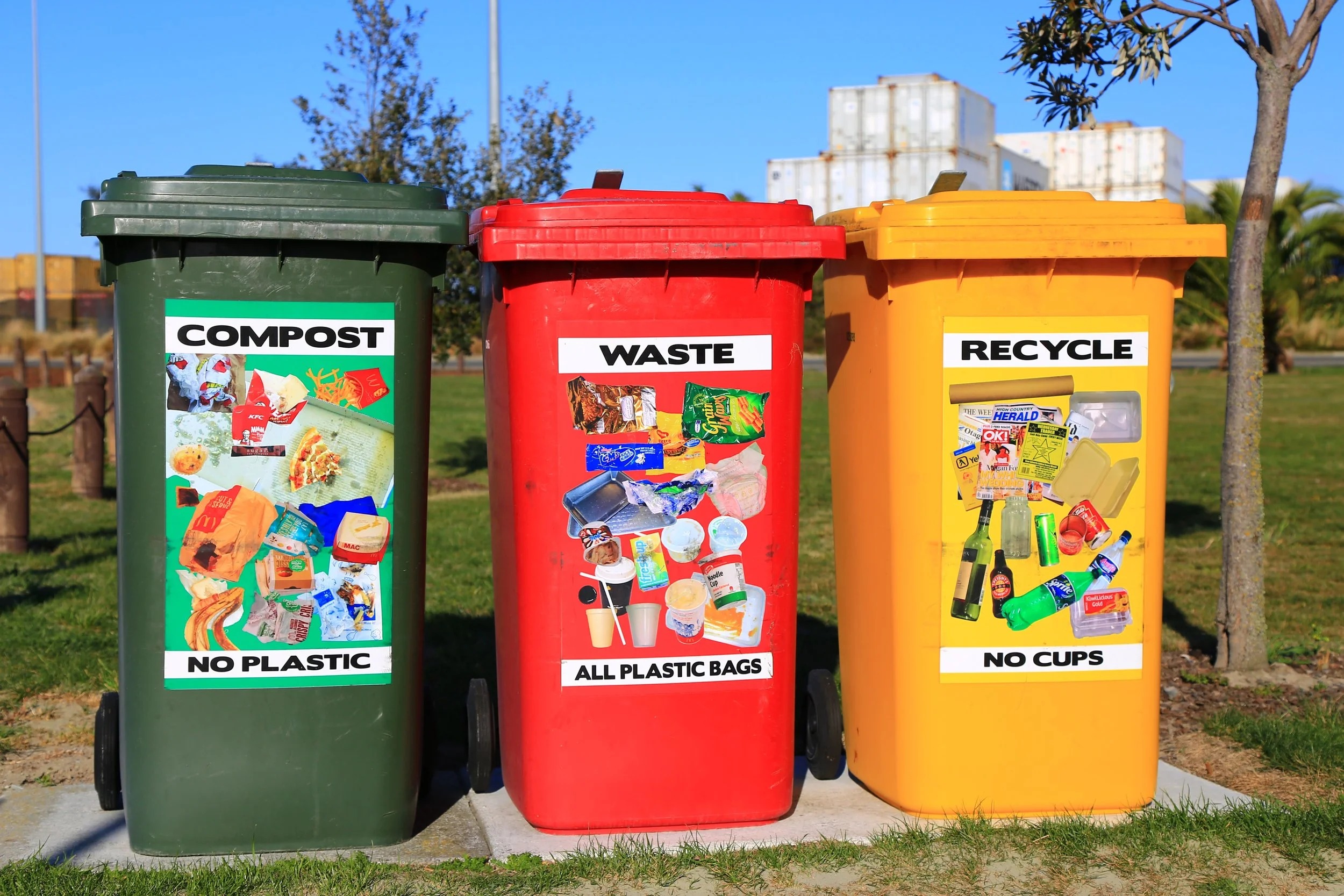Living in rental accommodation often means adapting environmental practices to limited space and landlord restrictions, yet this shouldn’t prevent commitment to sustainable living and waste reduction. Small flats, shared houses, and rental properties present unique challenges for recycling and composting, requiring creative solutions that work within practical constraints whilst respecting tenancy agreements.
Understanding how to implement effective waste management systems in compact rental spaces enables environmentally conscious living regardless of accommodation size or type. Simple strategies can transform cramped kitchens and tiny balconies into efficient recycling centres whilst creating composting solutions that work for urban renters without gardens or outdoor space. Experienced letting agents in Stanmore often advise tenants that landlords increasingly appreciate environmentally responsible tenants who maintain properties well whilst implementing sustainable practices that don’t damage property or create management issues.
Understanding Your Rental Property’s Waste Systems:
Local council collection services vary dramatically between different areas, with some providing comprehensive recycling whilst others offer limited options requiring additional effort to dispose of various materials responsibly. Understanding collection schedules, accepted materials, and local facility locations enables effective planning.
Shared property protocols require coordination with housemates or neighbours regarding bin usage, storage space, and collection responsibilities. Clear agreements prevent conflicts whilst ensuring everyone contributes to effective waste management without creating tension or hygiene issues.
Landlord permissions may be required for certain waste management installations including outdoor composting bins or permanent recycling storage solutions. Checking tenancy agreements and seeking approval prevents deposit deductions whilst maintaining positive landlord relationships.
Building regulations in flats often restrict waste storage options whilst fire safety requirements may limit hallway or balcony storage that could impede emergency access. Understanding these restrictions helps develop compliant solutions that work within legal frameworks.
Maximising Recycling in Limited Space:
Vertical storage solutions utilise wall space through mounted containers, hanging organisers, or stacking systems that keep recycling materials organised without consuming valuable floor space in compact kitchens or utility areas.
Multi-compartment bins enable sorting at source whilst maintaining compact footprints through clever design including pull-out drawers, rotating systems, or nested containers that maximise storage efficiency within limited space allocations.
Under-sink storage transforms unused cupboard space into recycling centres through customised solutions including sliding trays, door-mounted organisers, or compact sorting systems that maintain kitchen aesthetics whilst improving functionality.
Temporary storage options including collapsible containers, bags, or portable systems enable efficient collection between council pickup dates whilst allowing flexible arrangement based on changing needs or different material accumulation rates.
Compact Composting Solutions for Renters:
Bokashi fermentation systems work perfectly in small kitchens through compact containers that ferment food waste using beneficial microorganisms, creating nutrient-rich compost without odours or space requirements associated with traditional composting methods.
Worm composting requires minimal space whilst processing kitchen scraps efficiently through specially designed containers suitable for balconies, utility rooms, or even indoor locations with proper management and maintenance procedures.
Electric composters provide rapid food waste processing in apartment settings through compact appliances that break down organic matter quickly without traditional composting space requirements or management complications.
Community composting programmes enable participation in local schemes through collection points, shared facilities, or neighbourhood initiatives that provide composting opportunities for renters lacking individual space or equipment.
Kitchen Waste Reduction Strategies:
Meal planning reduces food waste through strategic shopping and preparation that minimises excess purchases whilst ensuring efficient use of perishable items before spoilage occurs, reducing overall waste generation.
Food storage optimisation extends ingredient lifespans through proper containers, temperature control, and organisation systems that prevent premature spoilage whilst enabling better inventory management and consumption planning.
Leftover transformation techniques convert surplus food into new meals through creative cooking that prevents waste whilst providing meal variety and ingredient efficiency that reduces shopping frequency and costs.
Portion control awareness helps purchase and prepare appropriate quantities whilst understanding household consumption patterns that inform shopping decisions and prevent systematic over-purchasing leading to regular food waste.
Creative Storage and Organisation Solutions:
Wall-mounted systems utilise vertical space through modular organisers, magnetic containers, or hanging solutions that keep recycling materials accessible whilst maintaining floor space for other essential activities and storage needs.
Furniture integration includes storage ottomans, bench seats, or modified furniture incorporating hidden recycling compartments that serve dual purposes whilst maintaining aesthetic appeal in living spaces.
Balcony utilisation transforms outdoor space into waste management areas through weather-resistant storage solutions including covered containers, vertical gardens with composting integration, or dedicated recycling stations that work within space constraints.
Bathroom recycling often gets overlooked despite significant waste generation through cosmetic containers, cardboard packaging, and plastic bottles that require dedicated collection systems within limited bathroom storage space.
Working Within Tenancy Restrictions:
Landlord communication about environmental initiatives often receives positive responses when presented as property improvement rather than modification, emphasising benefits including reduced waste collection costs and responsible tenancy management.
Reversible solutions avoid permanent alterations whilst enabling effective waste management through removable installations, temporary fixtures, or portable systems that restore original conditions upon tenancy conclusion.
Damage prevention ensures waste management systems don’t create stains, odours, or property damage that might affect deposit recovery whilst maintaining positive landlord relationships throughout tenancy periods.
Documentation of improvements including photographs and descriptions protects against unfair deposit deductions whilst demonstrating responsible property care and environmental stewardship throughout rental periods.
Community and Shared Space Solutions:
Communal areas in flats or shared houses provide opportunities for collective recycling initiatives through shared storage, combined collection systems, or group purchasing of waste management equipment that benefits all residents.
Neighbour coordination enables resource sharing including tool libraries, bulk purchasing, or combined collection schemes that improve efficiency whilst building community relationships and environmental awareness.
Local group participation connects with area environmental initiatives including community gardens, tool sharing schemes, or collective composting programmes that provide resources and support for sustainable living practices.
Building management engagement may enable property-wide improvements including enhanced recycling facilities, composting programmes, or waste reduction initiatives that benefit all residents whilst improving property environmental performance.
Seasonal Adaptations and Flexibility:
Summer growing seasons enable balcony gardening that utilises compost whilst providing fresh herbs or vegetables that reduce shopping requirements and packaging waste whilst creating productive use of outdoor space.
Winter adjustments accommodate reduced outdoor activity through indoor solutions including increased food storage efficiency, modified composting systems, or enhanced recycling organisation that works within seasonal lifestyle changes.
Moving preparations ensure waste management systems remain portable whilst enabling easy transition between rental properties without abandoning environmental commitments or requiring complete system replacement.
Holiday management maintains waste systems during absence through automation, neighbour arrangements, or temporary adjustments that prevent hygiene issues whilst ensuring continuity upon return.
Budget-Friendly Implementation:
DIY solutions utilise household items and basic materials to create effective waste management systems without significant investment, enabling environmental responsibility within student or limited budgets.
Phased implementation allows gradual improvement through incremental additions rather than expensive comprehensive systems, enabling sustainable adoption whilst spreading costs over time.
Group purchasing with housemates or neighbours reduces individual costs whilst enabling access to higher-quality solutions including electric composters, premium storage systems, or bulk supply purchases.
Free resources including council equipment, community programmes, or online guidance provide support for waste reduction initiatives without financial barriers that might prevent environmental action.
Successful waste reduction in small rental spaces requires creativity, planning, and commitment whilst working within practical constraints, ultimately creating sustainable living practices that benefit both environment and personal satisfaction regardless of accommodation limitations.









